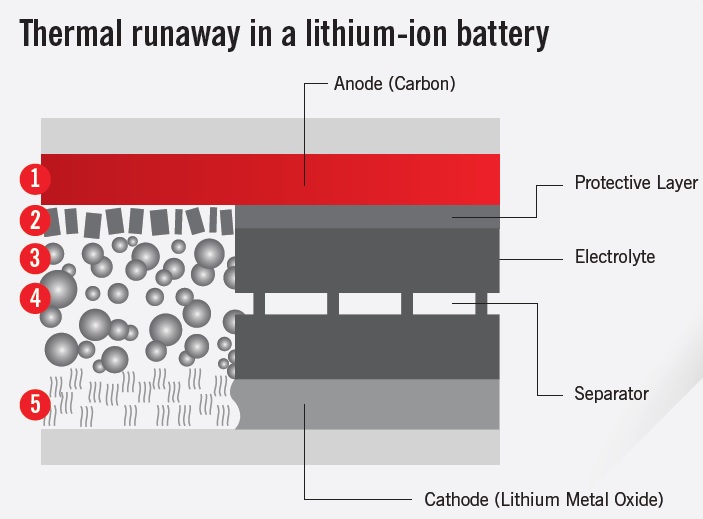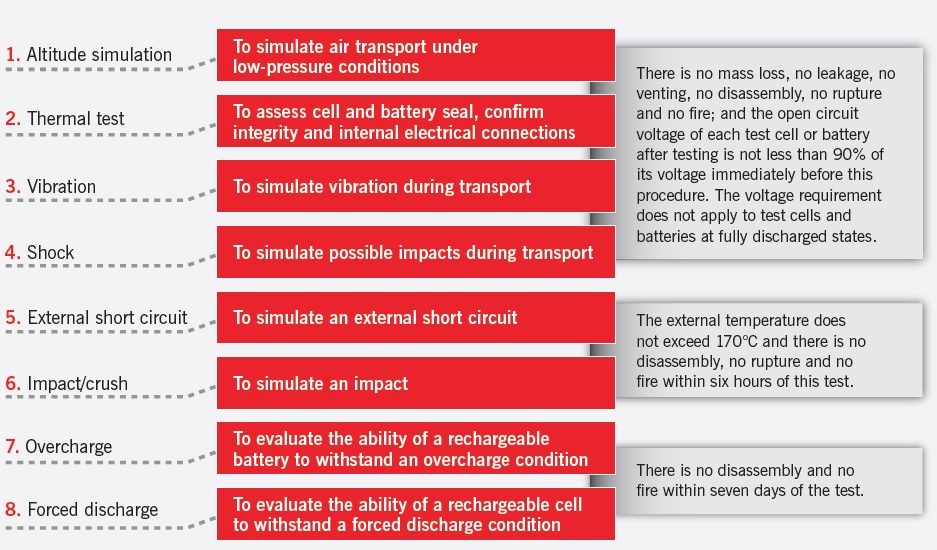Recently, we’ve heard a lot of news about the movement to ban lithium batteries on passenger planes because the resulting threat of fires has been deemed an “unacceptable risk.” The Federal Aviation Administration ran tests that show lithium batteries emit explosive gases when overheated. The tests show aircraft fire protection systems “are unable to suppress or extinguish a fire involving significant quantities of lithium batteries, resulting in reduced time available for safe flight and landing of an aircraft to a diversion airport.” With all of these negative reports and mounting pressure on the aircraft industry to ban these “dangerous goods,” we started to wonder… just what makes lithium batteries so different from other batteries?
In a recently released report from Labelmaster, we learned some more details about lithium batteries, which power a wide range of consumer products, including notebook computers, tablets, cell phones, cameras and power tools.
We’ve included some of the more interesting facts about lithium batteries below.
• Due to the fact that lithium is the third-smallest element (only hydrogen and helium are smaller), a lithium ion can carry a positive charge in a very small space, giving lithium a high degree of energy density. It’s this high energy density that makes lithium such an excellent material for use in batteries, but it’s also why these batteries must be treated with extreme care.
• If a lithium battery is damaged, either through physical abuse, excessive heat or short-circuiting, it can enter what’s called thermal runaway. This fiery chain reaction is fueled by lithium’s reactive nature and can be very difficult to extinguish as the amount of available lithium increases.

• Many people are unaware that lithium cells and batteries must be tested and certified according to UN specifications. For lithium batteries shipped by themselves, the packaging must protect the batteries from damage and the terminals on the batteries must be protected against short circuits. For lithium batteries contained in equipment, the equipment must be protected from accidental activation.

• Despite reports, the safe transport of lithium batteries is possible. As with most products, the first key to ensuring safe shipment is sourcing lithium batteries from only trusted, reputable manufacturers. As you might imagine, the manufacturing process is extremely complex, and any contamination can result in the potential for internal short circuits.
Advertisement
Learn more about Electronic Products Magazine





